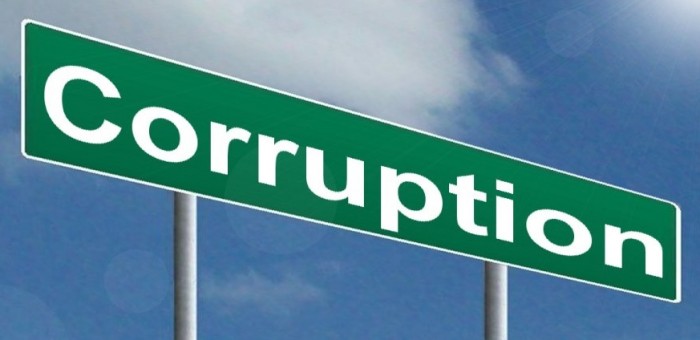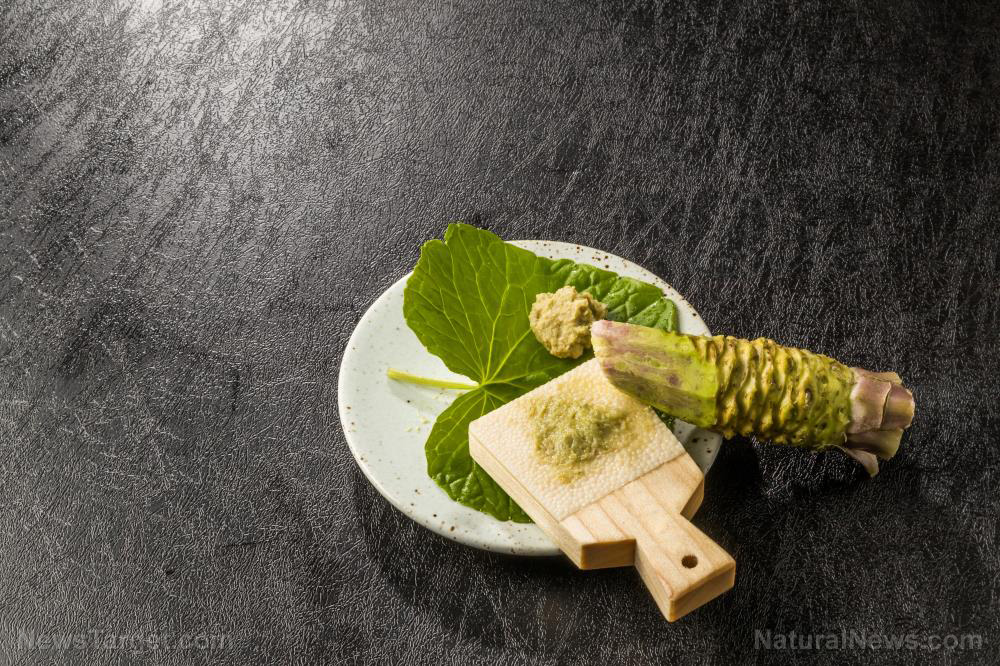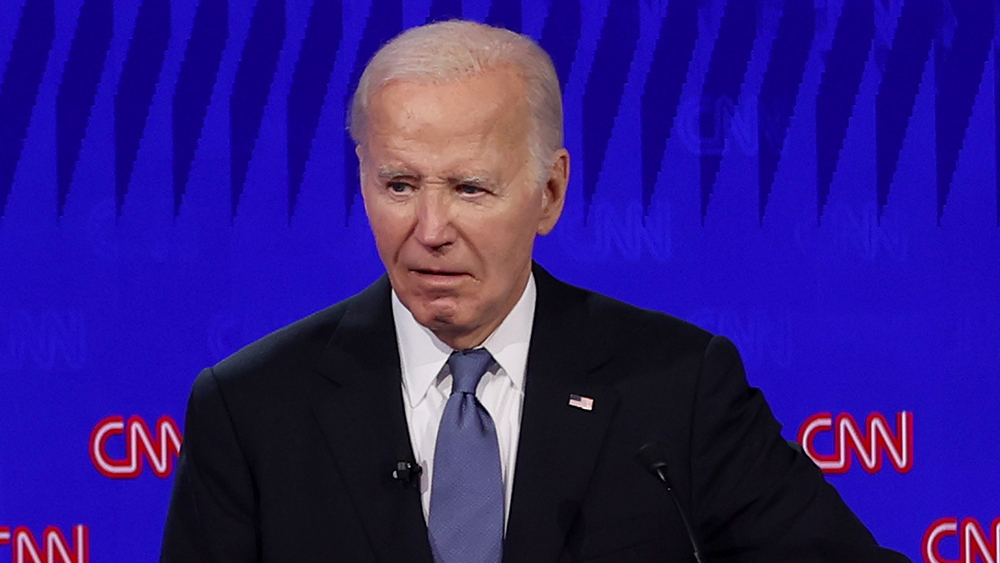 Parler
Parler Gab
Gab
Scientifically known as Piper methysticum, kava is a crop of the Pacific islands with an anxiolytic effect, mainly from modulating GABA activity in your brain. It's available over the counter in countries such as the U.S., Australia and New Zealand.[ii]
A meta-analysis of three trials suggests that kava extract is superior to placebo as a symptomatic treatment for anxiety.[iii] In a different study, the herbal therapy has been found to be an effective treatment alternative to pharmaceuticals in non-psychotic anxiety disorders, with greater effectiveness seen in females and younger patients.[iv]
2. Lavender, Rose, Bergamot and Orange Essential OilsAromatherapy through the use of essential oils has been widely studied around the world for its ability to relieve anxiety, stress and depression.[v] Some leading essential oils for this purpose are lavender, rose, bergamot, orange and lemon, to name a few.
Subjects of a study that had blended essential oil consisting of lavender and bergamot oils, applied topically to skin, rated themselves as "more calm" and "more relaxed" than control subjects.[vi] They had to rate their emotional state in terms of parameters such as relaxation, vigor, calmness, attentiveness, mood and arousal.
In a review of 14 studies, lavender and rose oils were also found effective for attenuating anxiety in various animal anxiety models.[vii] And even the mere ambient odors of orange and lavender slashed anxiety and improved mood in a dental office.[viii] While more studies are recommended, a set of results indicated an acute anti-anxiety effect from sweet orange aroma, supporting its use as a tranquilizer by aromatherapists.[ix]
3. Cannabidiol (CBD)Both animal and human studies indicate that cannabidiol, or CBD, a major component of cannabis, offers not just pain relief but also anti-anxiety properties.
Results from a study among individuals with general social anxiety disorder (SAD) suggest that CBD reduces anxiety in SAD through its effects on the activity occurring in the limbic and paralimbic areas of the brain.[x]
In the case of a 10-year-old girl who was sexually abused and had little parental supervision under age 5, pharmaceutical drugs offered partial and short-lived results, with major side effects.[xi] A trial of CBD oil led to "a maintained decrease" in anxiety as well as steady improvement in her sleep quality and quantity amid her post-traumatic stress disorder.
4. PsilocybinA powerful psychedelic, psilocybin is the active ingredient of magic mushrooms or shrooms.
"Stimulation of serotonergic neurotransmission by psilocybin has been shown to shift emotional biases away from negative towards positive stimuli," wrote researchers in the journal NeuroImage: Clinical, noting that reduced amygdala activity during threat processing might be key to the substance's effect on emotional processing.[xii]
In a double-blind trial on patients with advanced-stage cancer and anxiety, researchers used a moderate dose of 0.2 milligrams per kilogram (mg/kg) of psilocybin, revealing a trend toward improved mood and anxiety.[xiii] Psilocybin may also be useful in treating drug dependence, anxiety and mood disorders, particularly in treatment-resistant subjects.[xiv]
5. Gotu KolaAlso referred to as brahmi and Indian pennywort, gotu kola is a perennial flowering plant from the Apiaceae family. Native to the Asian wetlands, it is useful both as a vegetable and therapeutic herb, used in Ayurveda and traditional Chinese medicine for centuries to alleviate anxiety and depression.[xv]
Compared with placebo, gotu kola exhibited significant anti-anxiety activity in humans as measured by the acoustic startle response (ASR).[xvi] This shows its potential in treating anxiety syndromes, according to researchers.
6. ChamomileWho would forget a favorite tea at night to quiet your mind and calm your tired body? The first controlled clinical trial of chamomile extract for generalized anxiety disorder (GAD) found it may have moderate benefits in patients with mild to moderate cases.[xvii]
In separate research, chamomile also improved cortisol patterns in subjects with moderate to severe GAD.[xviii] The response to chamomile therapy may be partly attributed to normalizing stress biology dysfunction. On top of its established anti-anxiety effect, chamomile may also have "clinically meaningful" antidepressant activity.[xix]
7. PassionflowerAnother natural anti-anxiety compound is Passiflora incarnata, more popularly known as passionflower, maypop and wild passion vine. In the 16th century, Spanish explorers in South America learned of the plant and brought it to Europe, where it was widely cultivated and became part of European folk medicine.[xx]
Read more at: GreenMedInfo.com
White House claims Biden flub about “beating Medicare” was meant to be about beating Big Pharma
By Laura Harris // Share
WATCH: French far left vandalize monument to the republic, attack police amid ‘national suicide’
By News Editors // Share
Keir Starmer faces renewed scrutiny over allegations he protected Jimmy Savile
By News Editors // Share
Japanese condiment fights highly lethal pancreatic cancer
By News Editors // Share
Governments continue to obscure COVID-19 vaccine data amid rising concerns over excess deaths
By patricklewis // Share
Tech giant Microsoft backs EXTINCTION with its support of carbon capture programs
By ramontomeydw // Share
Germany to resume arms exports to Israel despite repeated ceasefire violations
By isabelle // Share










